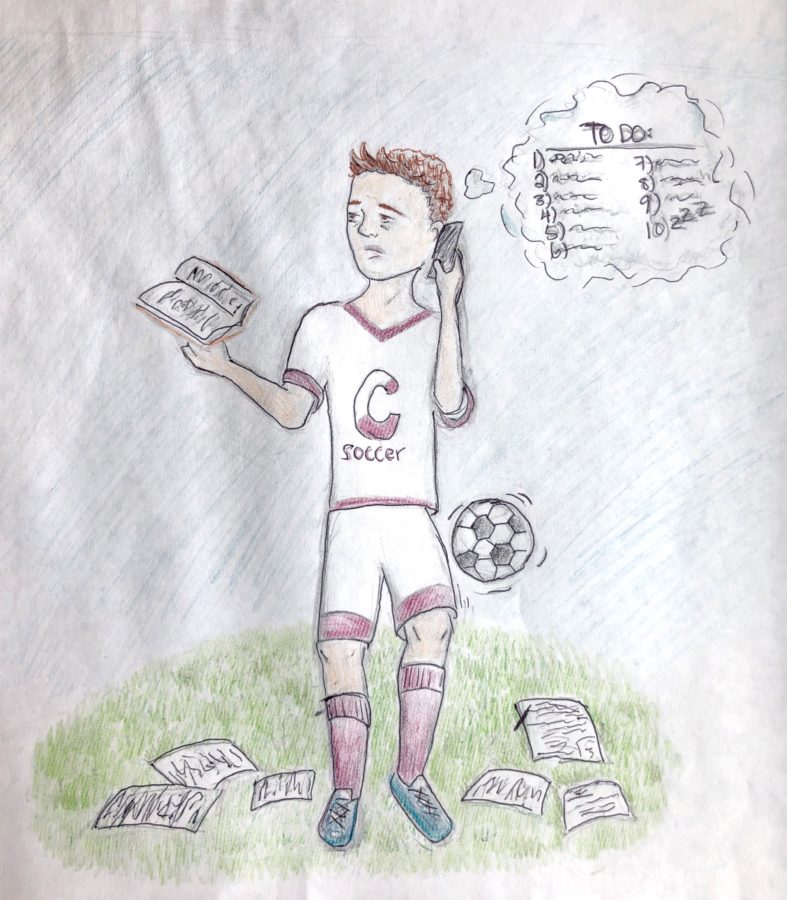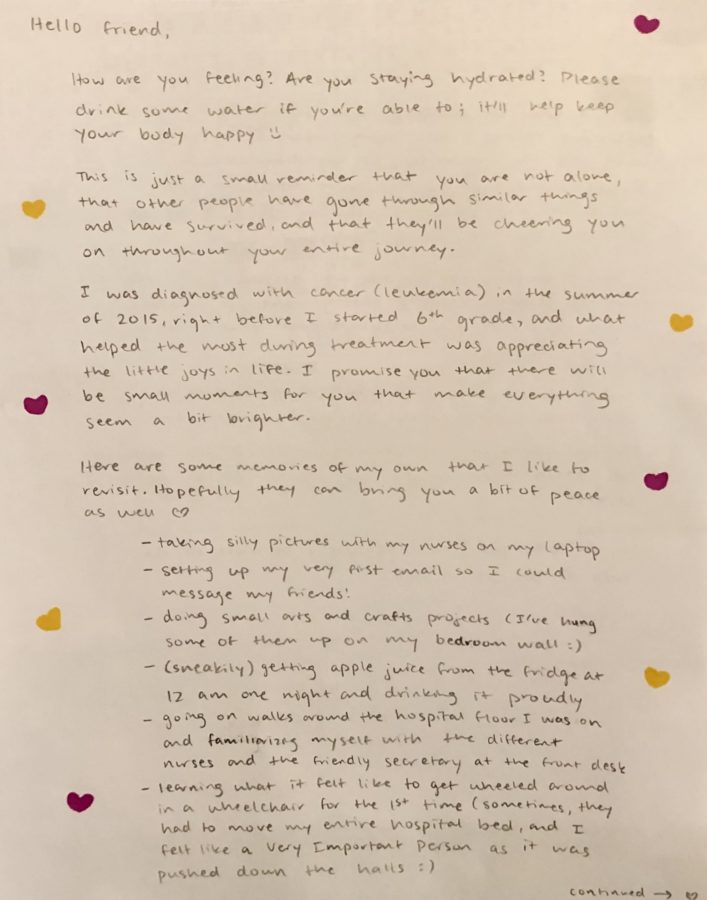By Colin Kennedy, Guest Columnist
Every high school student today has probably been made aware of the importance of appearing “well-rounded” in order to stand out among college applications, but has this compromised the value of the education we are receiving, and, on a larger scale, compromised our ability as young people to find and develop our true passions in life? The idea of being well-rounded as a student has caused young people to fill their time with activities in which they have little interest at the expense of the things they care about. The sooner we dispel the myth of the well-rounded, model student, the sooner our education system will see high school students with less undue stress, healthier lifestyles and a clearer view of the life in front of them.
Picture the ideal well-rounded student, the student involved in countless clubs, activities, sports and possibly even an after-school job. They spend four years balancing all of this to stand out among a pile of college applications, but what have they taken away from all their extracurriculars? What do they learn from half-heartedly participating in six different extracurriculars as opposed to committing and devoting themselves to three or four? The pressure to look as involved as possible fills clubs with students who want credit yet couldn’t care less about what they are doing. If high schoolers were less concerned with being well-rounded, they could benefit from extracurriculars and develop interests and passions.
Several university admissions officers are also beginning to take note of the flawed way American high schoolers view extracurriculars. A blog post from the University of Southern California’s Admissions office states that, when evaluating a student’s activity list, it is far more interested in applicants who “follow their passions and show dedication over time to a few specific involvements rather than spreading themselves too thin.” In a web page titled “Who We Want,” UNC-Chapel Hill mentions that the university needs a “variety of strengths and talents that, together, will form a whole that is greater than the sum of its parts.” It’s clear that a resumé padded with extra activities which a student has little commitment to isn’t as impressive as it used to be.
During my freshman year, I found myself involved in too many different clubs that I didn’t really care about very much. I didn’t have time to go to all the different meetings and I ended up not getting credit for most of them. I realized my time is much better spent on clubs that I actually care about and that I actually participate in.
The only reason colleges look at extracurriculars is so that they can get a better understanding of who you are. So why fill your resume with extracurriculars in which you have no interest? There are so many opportunities to be involved at Conestoga, so rather than thinking of them as ways to impress colleges, use them to broaden your horizons, make new friends and make a difference in your community.

























































































